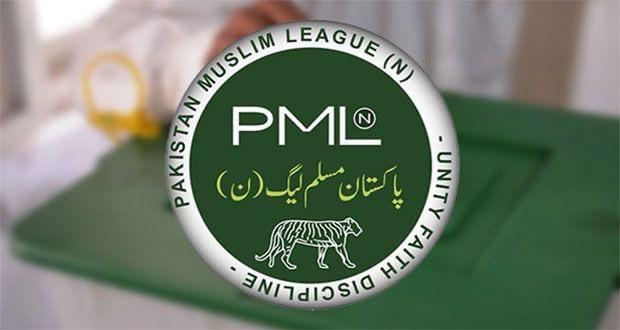PML-N finds itself at a crossroads as its manifesto committee grapples with the intricacies of the 18th Amendment. Sources reveal a division within the committee on whether to introduce further changes to the constitutional provision, with a majority advocating against amendments. The 18th Amendment, enacted in April 2010, significantly curtailed the president’s power to unilaterally dissolve the parliament and bestowed self-governing and financial autonomy to the provinces. Despite differing opinions, a prevailing sentiment among PML-N leaders is to refrain from altering the amendment without first consulting other political parties to build consensus, as reported by ARY News.
While a section of PML-N members pushes for modifications to certain sections of the law, the prevailing stance emphasizes the importance of broader political consultation before any alterations are made. The intricate discussions within the manifesto committee shed light on the party’s commitment to engaging in a democratic and consultative process, ensuring that decisions align with the collective vision of the political landscape.
Additionally, the manifesto committee has put forth recommendations aimed at reinforcing local governance structures. A key proposal is the expeditious conduct of local government (LG) polls following the assumption of power, coupled with the advocacy for legislation to enhance the financial and administrative autonomy of LG institutions. In a bid to decentralize powers, the committee members have suggested the transfer of certain exclusive powers from deputy commissioners (DCs) and assistant commissioners (ACs) to LG representatives. Aligning the tenure of LG institutions with that of the parliament has also been proposed, demonstrating a comprehensive approach to strengthening grassroots democracy.
Meanwhile, the PML-N, under the leadership of Senior Vice President Maryam Nawaz, has intensified its preparations for the upcoming general elections. During a recent party meeting, Maryam Nawaz expressed satisfaction with the performance of the Muslim Student Federation (MSF) and the minority wing. Encouraging the active participation of the minority wing and youth in the electoral process, Maryam Nawaz emphasized her father Nawaz Sharif’s desire for the youth to take the lead in political activities, recognizing them as pivotal to Pakistan’s development.
The party has taken strategic steps in its electoral strategy, forming a 35-member central parliamentary board led by Senator Ishaq Dar. This board is tasked with the responsibility of awarding tickets to aspiring candidates for the upcoming general elections scheduled for February 8. Comprising prominent figures such as Khawaja Asif, Ahsan Iqbal, Hamza Shahbaz, and Maryam Nawaz Sharif, the board reflects a carefully curated assembly with the approval of party supremo Nawaz Sharif and President Shehbaz Sharif.
As the PML-N navigates the complexities of constitutional amendments and fine-tunes its electoral machinery, the party’s commitment to democratic values and inclusive governance remains at the forefront. The evolving narrative within the manifesto committee underscores the importance of consensus-building, signaling a nuanced approach to political decision-making.


